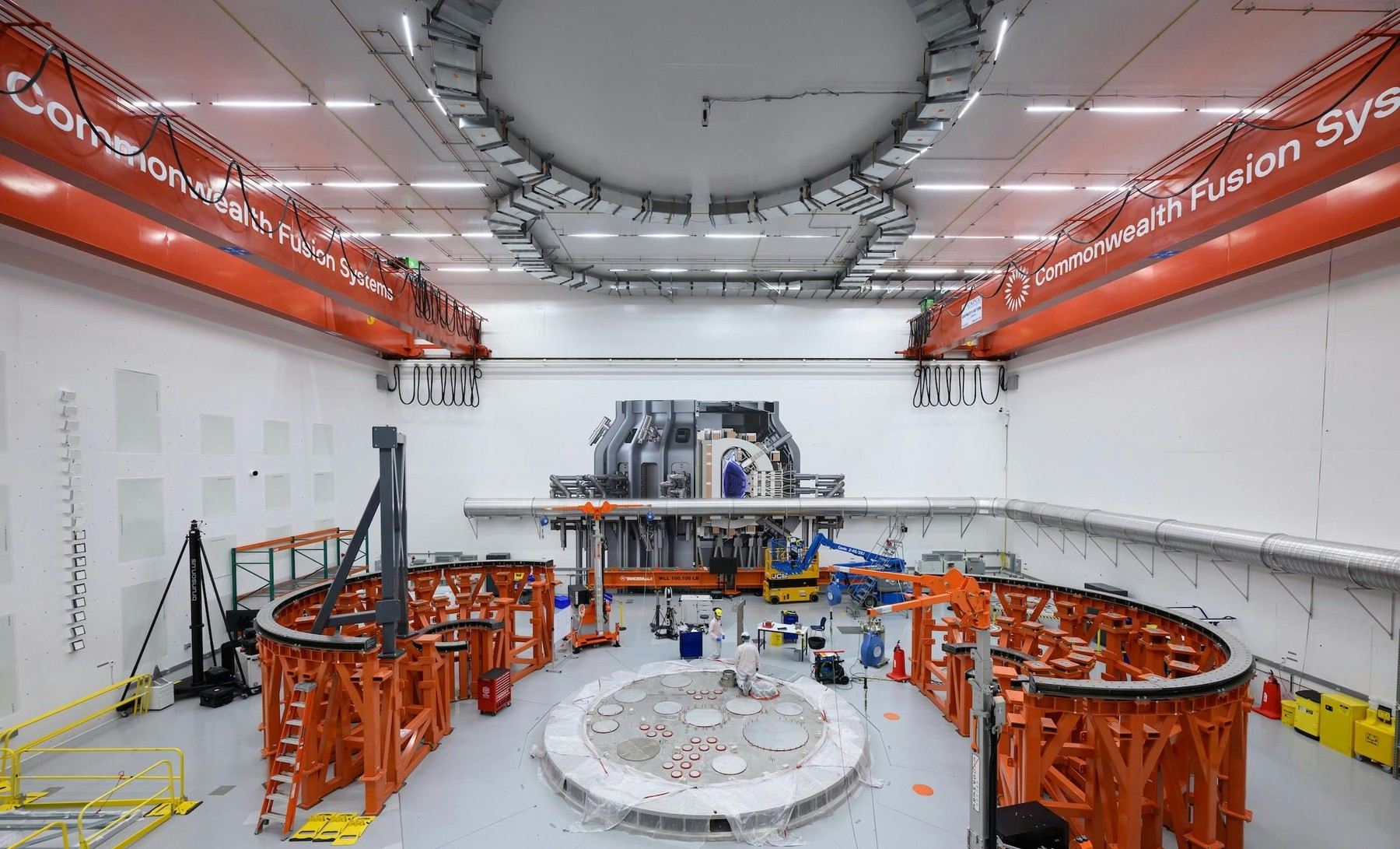Insider Brief:
- Skyven Technologies have developed a technology to repurpose waste industrial steam into emissions-cutting heat pump technology.
- The technology has garnered Skyven Technologies a slot on the 2025 Global Cleantech 100 and funding from the U.S. Department of Energy.
- The company is eyeing expansion into larger projects, as well as markets in Europe and in Canada.
Texas-based industrial decarbonization startup Skyven Technologies is more than a lot of hot air.
The company has developed technology that transforms steam produced during manufacturing processes into feed for its Arcterus heat pumps, allowing hard-to-abate sectors to decarbonize their operations.

“We install the system on site at manufacturing facilities that need steam – these include industries like chemicals, pulp and paper, food and beverage, textiles, as well as some primary metals like steel processing,” founder and CEO Arun Gupta told Climate Insider.
All the heat that is used to distill chemicals or to manufacture food then exits the manufacturing plant through some sort of smoke or exhaust stack, Gupta said.
“This heat is being lost,” he said. “What our technology does is capture the heat using heat exchangers, which we then send to a heat pump, which uses electricity to concentrate and upgrade the temperature to heat as hot as 420 degrees F, to generate steam for manufacturing.”
The heat pump sits outside the facility, and is connected to the facility via three pipes. The heat pump can also be scaled up or down if processes or facilities undergo changes.
The steam created by Skyven’s technology replaces steam that would otherwise by produced using fossil fuel-fired boilers, Gupta says. “More than 99% percent of steam [in manufacturing] is using some sort of fossil fuel-fired generation system,” he said.
Though most companies are now using natural gas, there are others still using coal, which is “really dirty,” Gupta said.
“Even burning biomass still produces emissions,” he adds.
Skyven’s technology not only addresses fossil fuel-generated admissions, but strains on the electricity grid, Gupta said.
“Our technology is uniquely grid interactive,” he said. “This means we can ramp up the heat pump when the grid is less congested, and there is more electricity available from renewables,” he said.
“When the grid is congested, we’re about to ramp our heat pump down, and revert back down to our existing boilers, which enables operators to operate the grid more efficiently. This reduces electricity prices for everyone.”
Industries eager to benefit from decarbonization technologies
Industries are both looking to save money and advance decarbonization, Gupta said, emphasizing that it’s not ‘either or’.
“If they can take a chunk out of their carbon emissions and save money, that’s compelling for them,” Gupta said. “But many carbon reduction opportunities, almost all of them cost more money and don’t really save on emissions. The ones that save a little bit of money only save 1-2% on emissions, so they don’t really move the needle.”
Skyven, however, reduces emissions by up to 80%, he said, while reducing costs for manufacturers, Gupta said, adding that the heat pump leverages high efficiencies to counteract the price difference between electricity and natural gas.
Beyond the renewable-powered heat pump, Skyven also provides the Galileo tool for scoping industrial efficiency products. The company’s software automates concept engineering and scoping, while also quantifying energy, cost, and emissions for proposed projects.
With its IoT data monitoring tool, operators can view real-time money and emissions savings throughout the process.
Next steps for the Texas startup
Skyven’s demonstration center is currently under construction in Farmers Branch, Texas, just outside of Dallas.
“The technology is already fully demonstrated, so we’re ready to scale,” Gupta said. Skyven has several large-scale products it is currently working on, with an eye to expanding those and then growing internationally, particularly in Canada and in Europe.
Skyven has already received widespread recognition, being named to the 2025 Global Cleantech 100 in January and receiving US$700,000 in funding from the U.S. Department of Energy’s Office of Clean Energy Demonstrations, also in January.
The company has also signed a US$70 million co-development and project finance deal with renewable energy financier Kyotherm. Skyven will use the funds to accelerate deployment of its heat pump technology across the U.S.
Funding for climate tech companies has changed significantly since 2021, Gupta said.
“In 2021, there was what folks call a resurgence in cleantech 2.0, and there was a lot of capital flowing,” he said.
“The funding landscape has tightened since then. Investors are being cautious about deploying capital, and are looking for the best companies with the most traction and highest likelihood of reaching scaling.”








